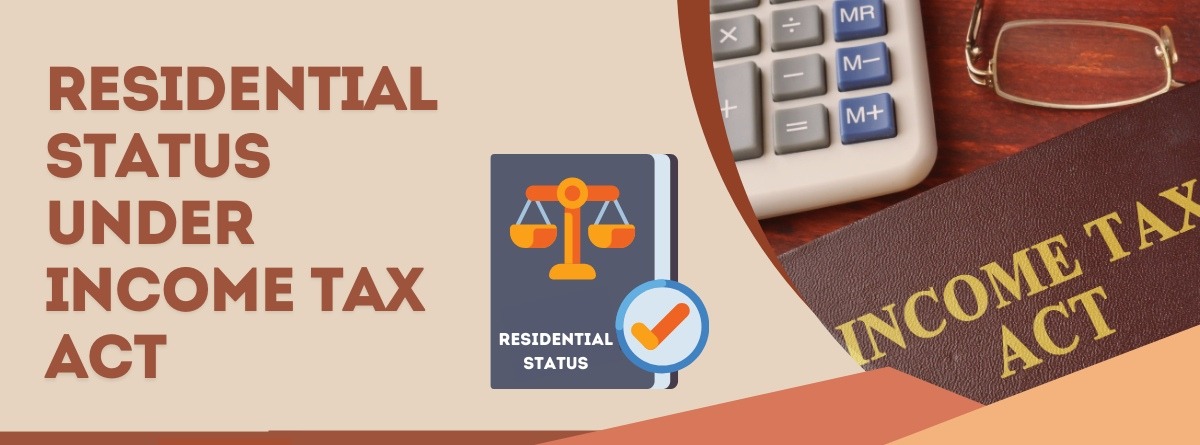M.C. Jain, C.J.@mdashThe Tribunal has referred the following questions of law for the opinion of this Court which arise out of the order dt. 18th January, 1975 of the Tribunal in WTA No. 27 to 29(Del) 74-75 :
"(1) Whether on the facts and in the circumstances of the case the Tribunal was legally correct in holding that the WTO was not competent to reopen the assessment under s. 17(b) of the WT Act 1957 ?
(2) Whether on the facts and in the circumstances of the case the Tribunal was legally correct in holding that the WTO was not competent to reopen the assessment order passed by the WTO ?"
2. Few relevant facts may be noted which have given rise to the present reference.
The assessed owned a house property bearing No. 14, Golf Links, New Delhi. This property was originally valued by the assessed at Rs. 3,57,000. The ground floor was in the occupation of the assessed whereas the first and second floors with two annexes were rented out at Rs. 3,000 per month. On the basis of this valuation the WTO made an assessment under s. 16(3) on 17th January, 1972. Thereafter notices, Annexures D, E and F, under s. 17 for the asst. yrs. 1967-68, 1968-69 and 1969-70 were issued and reassessment was made by the WTO on 31st March, 1973. In the reassessment, the rental valuation of the ground floor was estimated as Rs. 3,500 per month. On that basis the total valuation of the property was arrived at Rs. 12,45,320. On that basis reassessment was made. The assessed went in appeal before the AAC (Special Range), New Delhi, in which the appeals were not allowed and thereafter further appeals were preferred before the Tribunal.
3. The Tribunal''s order raises the question as to whether the WTO could make reassessment under s. 17(1)(b). The Tribunal the opinion that there was no material with the WTO which came to his notice afterwards, i.e., after the original assessment was made. So, according to the Tribunal under s. 17(1)(b) power could not be exercised by the WTO. It is only on subsequent information which comes to the knowledge of the WTO on the basis of which he has reason to believe that wealth has escaped assessment, that power under s. 17(1)(b) can be exercised. On the application of CWT the Tribunal referred the aforesaid questions of law for the opinion of this court.
4. We have heard Shri B. Gupta, learned counsel for the department.
The main question that arises for consideration is as to whether the WTO was justified in invoking the provisions of s. 17(1)(b) in the present cast. Under s. 17(1)(b) power could be exercised only when the WTO has, in consequence of any information in his possession, reason to believe, notwithstanding that there has been no such omission or failure as is referred to in cl. (a), that the net wealth chargeable to tax has escaped assessment for any year, whether by reason of under-assessment or assessment at too low a rate or otherwise. The jurisdiction of the WTO to reassess the wealth arises only when if he has in consequence of information in his possession reason to believe that wealth chargeable to tax has escaped assessment.
5. There was no information received by the WTO. The WTO was already in possession of the necessary facts. The ground floor was in occupation of the assessed himself whereas the first and second floors were on rent. So on the basis of actual rent the valuation of the first and second floors was made @ Rs. 3,000 per month whereas the value of the ground floor was assessed fixing the rental value at Rs. 2,000 per month. It appears that the WTO at the time of issuance of notice under s. 17 changed his opinion and he estimated the rental value at Rs. 3,500 at that time. Change of opinion could be no ground for invoking the provisions of s. 17(1)(b). Power under s. 17(1)(b) could be exercised only in consequence of any information, when it is found that wealth chargeable to tax has escaped assessment. Thus, in our opinion, the WTO had no jurisdiction to invoke the provisions of s. 17(1)(b) in these cases.
6. In the light of what we have considered, we are of the opinion that the Tribunal was right and justified in holding that the WTO was not correct in reassessing the net wealth of the assessed in respect of the three assessment years. Our answer to both the questions are in the affirmative, in favor of the assessed and against the Revenue.
The opinion expressed by this Court in respect of questions referred to above be sent to the Tribunal.

